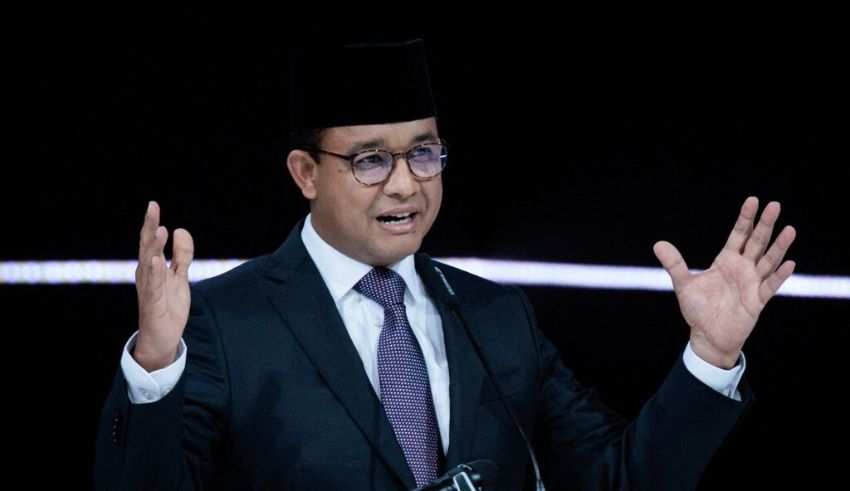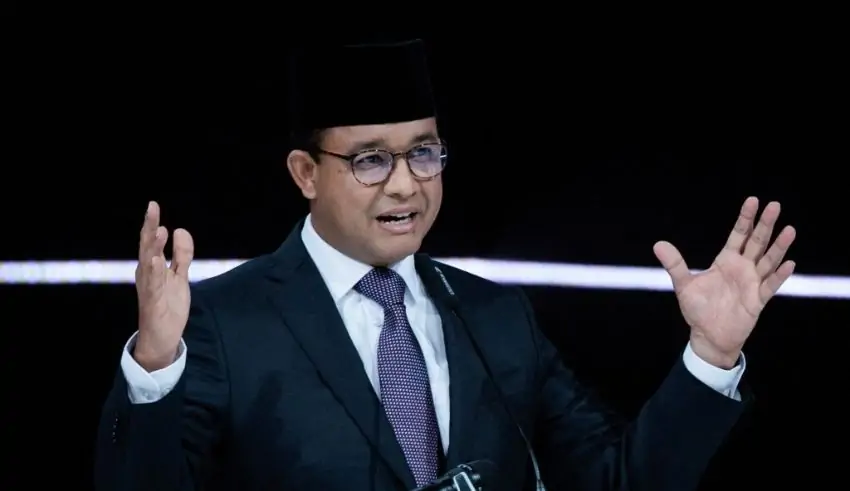

(C) CNA
In the wake of Indonesia’s recent presidential election, the political landscape of the nation finds itself embroiled in controversy as Anies Baswedan, a prominent figure in Indonesian politics, refuses to concede defeat. Instead, he is gearing up to challenge the election results in the Constitutional Court, a move that has sparked intense scrutiny and debate across the archipelago.
The electoral battle between Anies Baswedan and Defence Minister Prabowo Subianto has captivated the nation’s attention, with both candidates vying for the highest office in the land. While Subianto emerged victorious with nearly 60% of the votes, Baswedan secured approximately 25%, according to unofficial results. However, amidst allegations of irregularities and concerns over the integrity of the electoral process, Baswedan has refused to accept the outcome, opting instead to pursue legal recourse through the country’s judicial system.
Baswedan’s decision to contest the election results in court sets the stage for a legal showdown that will test the resilience of Indonesia’s democratic institutions. The Constitutional Court, tasked with adjudicating disputes related to electoral matters, will serve as the battleground where Baswedan seeks to challenge the legitimacy of the election outcome. His legal challenge is predicated on allegations of electoral misconduct and a perceived lack of impartiality on the part of state institutions.
Beyond the immediate implications for the outcome of the presidential election, Baswedan’s legal challenge carries far-reaching consequences for Indonesia’s democratic trajectory. The case is emblematic of the broader struggle to uphold the principles of transparency, accountability, and fairness in the electoral process. As the nation grapples with the fallout from the contested election results, the spotlight shines brightly on the resilience of Indonesia’s democratic institutions and the extent to which they can withstand the pressures of political polarization and institutional discord.
The specter of uncertainty looms large over Indonesia as it navigates the tumultuous waters of post-election fallout. The outcome of Baswedan’s legal challenge has the potential to reshape the political landscape of the nation, with ripple effects felt across society. As tensions mount and political allegiances fray, Indonesia stands at a crossroads, poised to either reaffirm its commitment to democratic principles or succumb to the corrosive forces of political strife and polarization.
As Indonesia awaits the verdict of the Constitutional Court, the nation finds itself at a critical juncture in its democratic journey. The outcome of Baswedan’s legal challenge will not only determine the fate of the presidential election but will also serve as a litmus test for the resilience of Indonesia’s democratic institutions. As the wheels of justice turn and the legal proceedings unfold, the eyes of the nation – and the world – remain fixed on the outcome, eager to witness the resolution of this pivotal moment in Indonesia’s political history.
In a unique melding of old spirituality with new technology, Johor's Tianhou Temple claims to have the first-ever Mazu statue…
Former DIA member Somyi is returning to the hallowed halls of K-Pop following legal troubles and a bitter stint in…
Cebu pride Anton “The Dragon” Raga gave an impressive performance on Sunday night dominating the Sharks Billiards Association (SBA) Philippine…
At ASEAN Headquarters in Jakarta, Dr. Kao Kim Hourn welcomed Professor Nobuhiro Aizawa the dean of Economic Research Institute for…
Mao Saigo etched history on Sunday by winning the Chevron Championship after overcoming a thrilling five-player playoff to become the…
K-Dramas have become a household name around the world in the past two or more decades-from Asia to the Americas,…
This website uses cookies.
Read More